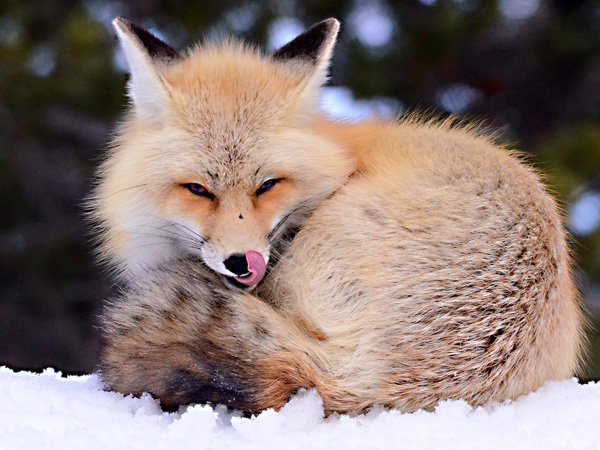This is Scientific American — 60-Second Science. I'm Steve Mirsky.
Want to make a dog? Well, wolves evolved into dogs at least once. But it turns out you can also make what's basically a dog by starting with wild foxes. Select the ones that do not seem to want to tear the researcher's face off and mate them to produce the next generation.
"Within five or six generations of this selecting the calmest animals, they had animals that were wagging their tails when Lyudmila would approach them, that were licking her hand when she put it into the cage."
University of Louisville evolutionary biologist Lee Dugatkin, talking about Lyudmila Trut of the Institute of Cytology and Genetics in Siberia.
"And this is strictly as a result of genetic selection. These animals are not trained to do this, they don't learn, there's no mechanism in the experiment for them to learn anything, what you're looking at is the result of genetic selection."

Trut started this fox domestication experiment in the late 1950s at the age of 25 and is still running it today. She and her team are approaching their 60th generation of foxes. But they saw profound changes early on.
"Within five generations of selection they had these animals that were extraordinarily docile towards humans. And then slowly but surely, so many of the other traits that we see in domesticated animals, also began to appear in these tame foxes...they tend to have floppy ears and curly tails and they tend to have much more juvenalized facial characteristics."
Trut and Dugatkin are the co-authors of the new book How to Tame a Fox (and Build a Dog) about this long-term study. They also wrote an article about the fox experiment in the May issue of Scientific American. An in-depth discussion with Dugatkin is available as a Science Talk podcast on our Web site.
Thanks for listening for Scientific American — 60-Second Science Science. I'm Steve Mirsky.












